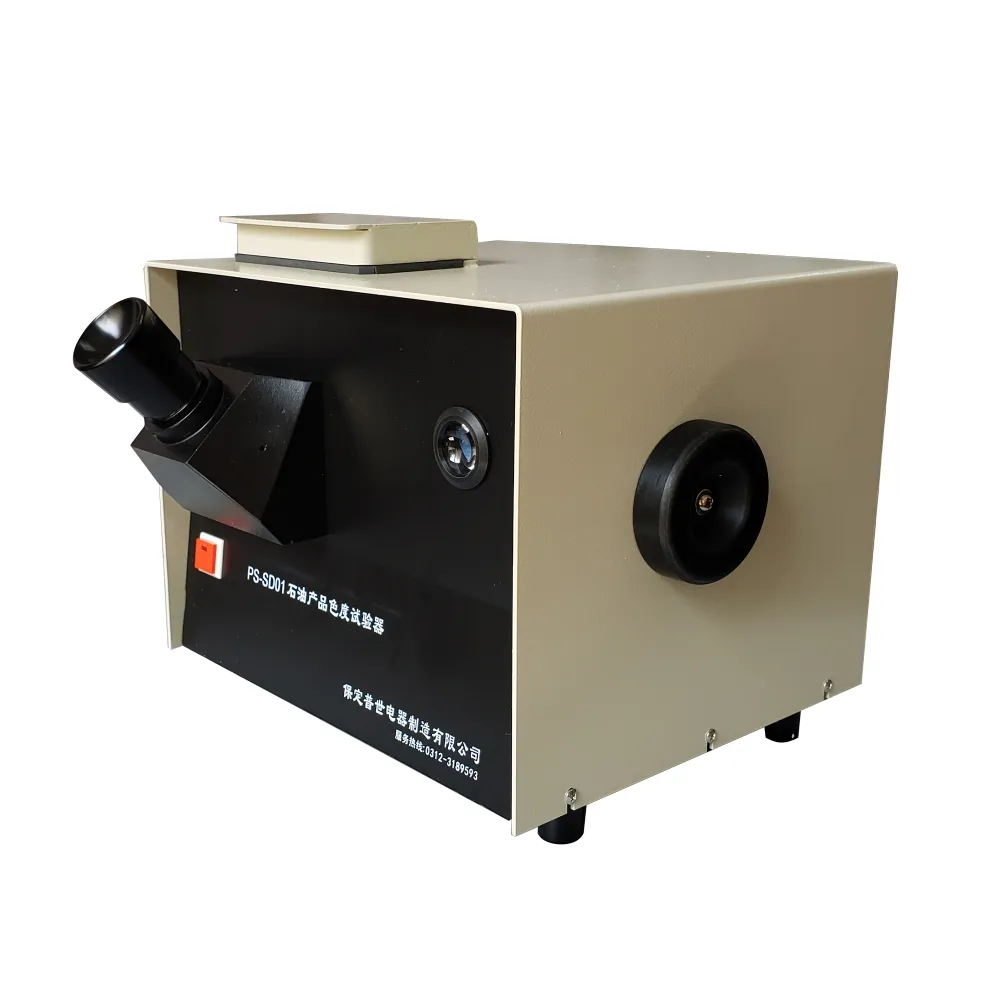 English
English



-
 Afrikaans
Afrikaans -
 Albanian
Albanian -
 Amharic
Amharic -
 Arabic
Arabic -
 Armenian
Armenian -
 Azerbaijani
Azerbaijani -
 Basque
Basque -
 Belarusian
Belarusian -
 Bengali
Bengali -
 Bosnian
Bosnian -
 Bulgarian
Bulgarian -
 Catalan
Catalan -
 Cebuano
Cebuano -
 China
China -
 China (Taiwan)
China (Taiwan) -
 Corsican
Corsican -
 Croatian
Croatian -
 Czech
Czech -
 Danish
Danish -
 Dutch
Dutch -
 English
English -
 Esperanto
Esperanto -
 Estonian
Estonian -
 Finnish
Finnish -
 French
French -
 Frisian
Frisian -
 Galician
Galician -
 Georgian
Georgian -
 German
German -
 Greek
Greek -
 Gujarati
Gujarati -
 Haitian Creole
Haitian Creole -
 hausa
hausa -
 hawaiian
hawaiian -
 Hebrew
Hebrew -
 Hindi
Hindi -
 Miao
Miao -
 Hungarian
Hungarian -
 Icelandic
Icelandic -
 igbo
igbo -
 Indonesian
Indonesian -
 irish
irish -
 Italian
Italian -
 Japanese
Japanese -
 Javanese
Javanese -
 Kannada
Kannada -
 kazakh
kazakh -
 Khmer
Khmer -
 Rwandese
Rwandese -
 Korean
Korean -
 Kurdish
Kurdish -
 Kyrgyz
Kyrgyz -
 Lao
Lao -
 Latin
Latin -
 Latvian
Latvian -
 Lithuanian
Lithuanian -
 Luxembourgish
Luxembourgish -
 Macedonian
Macedonian -
 Malgashi
Malgashi -
 Malay
Malay -
 Malayalam
Malayalam -
 Maltese
Maltese -
 Maori
Maori -
 Marathi
Marathi -
 Mongolian
Mongolian -
 Myanmar
Myanmar -
 Nepali
Nepali -
 Norwegian
Norwegian -
 Norwegian
Norwegian -
 Occitan
Occitan -
 Pashto
Pashto -
 Persian
Persian -
 Polish
Polish -
 Portuguese
Portuguese -
 Punjabi
Punjabi -
 Romanian
Romanian -
 Russian
Russian -
 Samoan
Samoan -
 Scottish Gaelic
Scottish Gaelic -
 Serbian
Serbian -
 Sesotho
Sesotho -
 Shona
Shona -
 Sindhi
Sindhi -
 Sinhala
Sinhala -
 Slovak
Slovak -
 Slovenian
Slovenian -
 Somali
Somali -
 Spanish
Spanish -
 Sundanese
Sundanese -
 Swahili
Swahili -
 Swedish
Swedish -
 Tagalog
Tagalog -
 Tajik
Tajik -
 Tamil
Tamil -
 Tatar
Tatar -
 Telugu
Telugu -
 Thai
Thai -
 Turkish
Turkish -
 Turkmen
Turkmen -
 Ukrainian
Ukrainian -
 Urdu
Urdu -
 Uighur
Uighur -
 Uzbek
Uzbek -
 Vietnamese
Vietnamese -
 Welsh
Welsh -
 Bantu
Bantu -
 Yiddish
Yiddish -
 Yoruba
Yoruba -
 Zulu
Zulu
gas chromatography mass spectrometry analysis
Gas Chromatography-Mass Spectrometry Analysis A Powerful Analytical Technique
Gas Chromatography-Mass Spectrometry (GC-MS) is one of the most widely used analytical techniques in various fields, including environmental science, pharmaceuticals, food safety, and forensic investigations
. This powerful combination leverages the strengths of gas chromatography and mass spectrometry, making it an essential tool for the qualitative and quantitative analysis of complex mixtures.Understanding the Techniques
Gas chromatography (GC) separates components in a volatile mixture based on their different physical and chemical properties. In this process, a sample is vaporized and injected into a chromatograph, where it passes through a column filled with a stationary phase. The different components of the sample interact with the stationary phase differently, resulting in their separation as they travel through the column. The time it takes for each component to elute from the column is known as its retention time, which is a key factor in identifying the substances.
Mass spectrometry (MS), on the other hand, provides a means to identify and quantify the compounds that emerge from the gas chromatograph. As the separated components exit the GC, they are ionized to create charged particles. These ions are then sorted and measured based on their mass-to-charge ratio. By analyzing the resulting mass spectrum, scientists can determine the identity and concentration of the compounds present in the original sample.
Applications of GC-MS
One of the primary applications of GC-MS is in the field of environmental monitoring. It enables scientists to detect and quantify pollutants in air, water, and soil samples. For instance, GC-MS is commonly used to analyze volatile organic compounds (VOCs) that may pose health risks or disrupt ecosystems. By identifying these substances, regulatory bodies can take appropriate actions to mitigate pollution and protect public health.
gas chromatography mass spectrometry analysis

In the pharmaceutical industry, GC-MS plays a crucial role in drug development and quality control. It helps in the analysis of raw materials, intermediates, and finished products, ensuring that they conform to regulatory standards. Additionally, during forensic investigations, GC-MS is often used to detect illegal drugs, toxic substances, and other evidence, providing invaluable insights that can aid legal proceedings.
Food safety is another critical area where GC-MS is applied. It allows for the detection of contaminants, pesticide residues, and adulterants in food products. The technique is sensitive and robust, enabling regulatory agencies to ensure that food products are safe for consumption. Furthermore, GC-MS assists in flavor and aroma profiling, helping food manufacturers create products that meet consumer preferences.
Advantages of GC-MS
The combination of GC and MS offers several advantages. Firstly, the technique is highly sensitive, capable of detecting trace levels of compounds in complex matrices. Secondly, it provides both qualitative and quantitative data, making it suitable for a wide range of applications. Additionally, GC-MS is relatively quick, allowing for high-throughput analysis, which is particularly beneficial in industrial settings.
Moreover, the method is versatile; it can analyze a diverse array of substances, from small volatile compounds to larger, more complex molecules. This adaptability makes GC-MS a preferred choice for laboratories across various scientific disciplines.
Conclusion
In summary, Gas Chromatography-Mass Spectrometry is an essential analytical technique that has transformed the way scientists analyze complex mixtures. Its ability to separate and identify compounds with high precision makes it invaluable across numerous fields, from environmental monitoring to the pharmaceutical industry. As research and technology advance, the applications and capabilities of GC-MS will continue to expand, providing deeper insights into the composition of various substances and contributing to advancements in science and technology.
-
Testing Equipment Industry Sees Major Advancements in 2025: Smart & Precision Technologies Lead the WayNewsJun.06,2025
-
Applications of Direct Current Generators in Renewable Energy SystemsNewsJun.05,2025
-
Hipot Tester Calibration and Accuracy GuidelinesNewsJun.05,2025
-
Digital Circuit Breaker Analyzer Features and BenefitsNewsJun.05,2025
-
Benefits of Real-Time Power Quality Monitoring Devices for Industrial EfficiencyNewsJun.05,2025
-
Earth Fault Loop Testing in High-Rise Building Electrical SystemsNewsJun.05,2025



